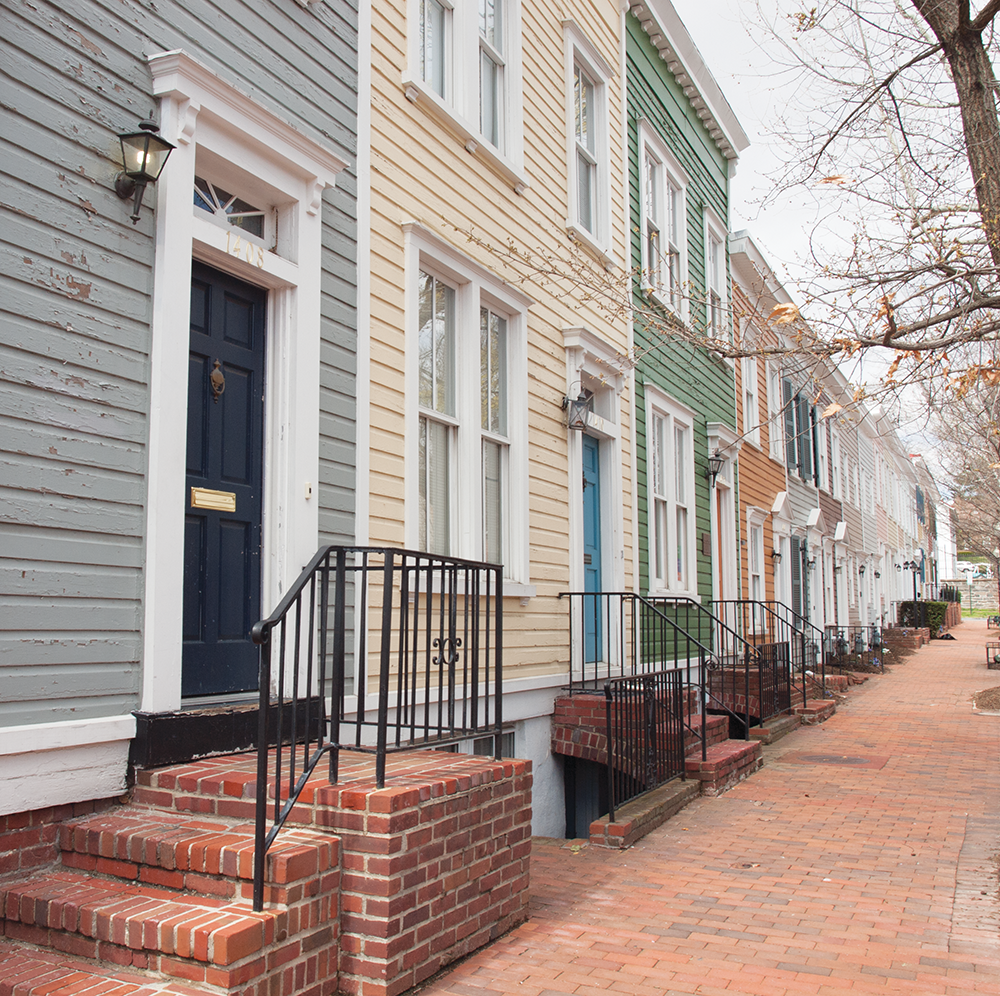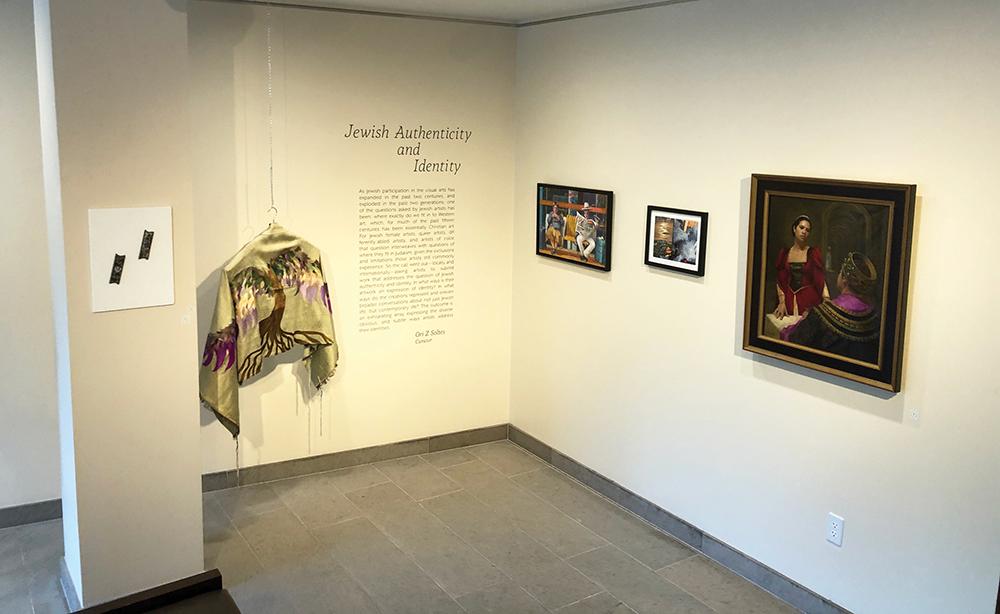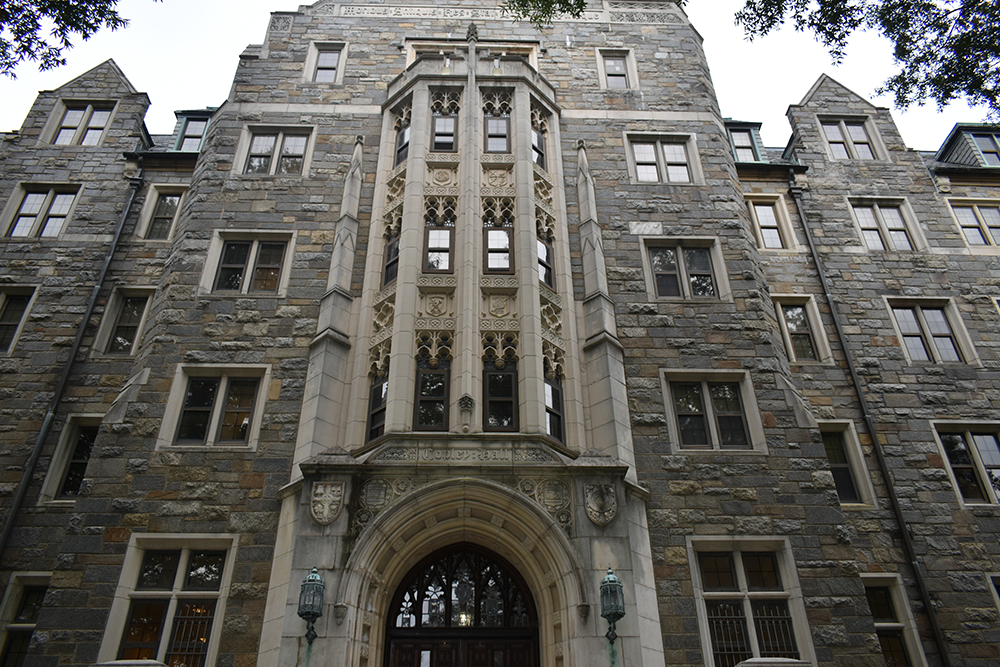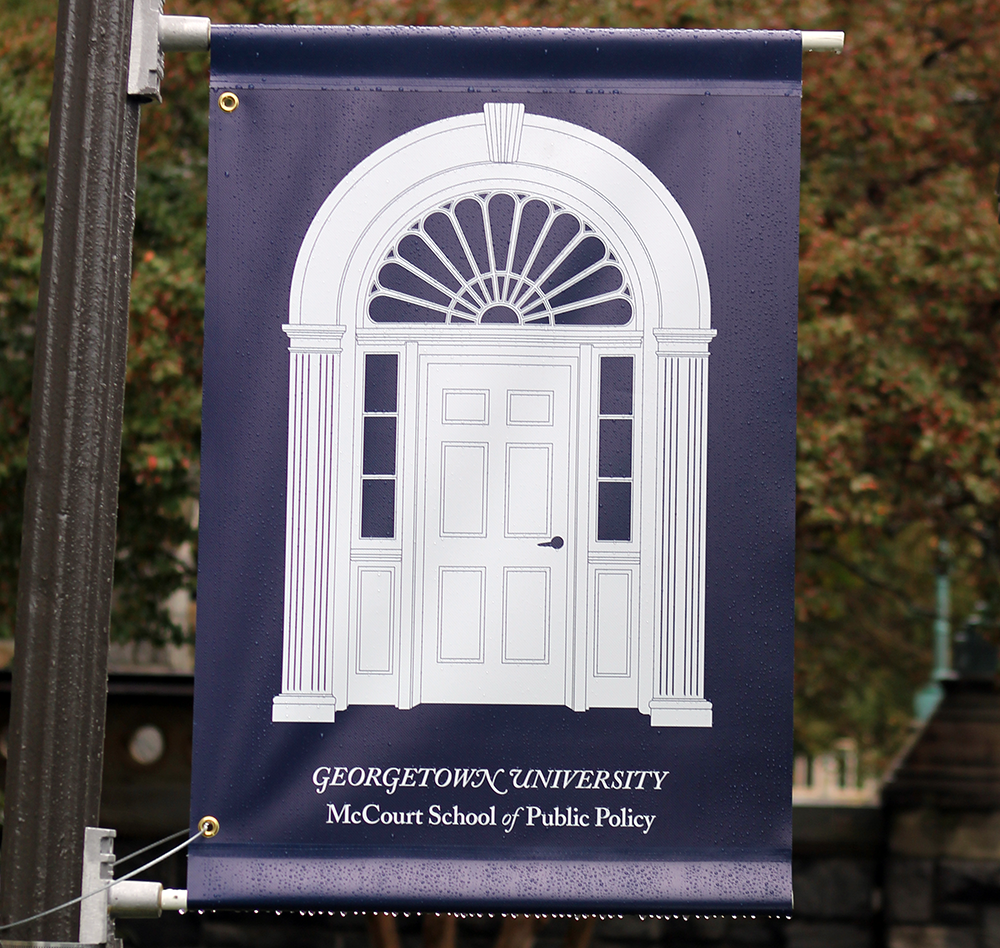Low-income Georgetown University students struggling to balance school and home life under the added pressures of the COVID-19 pandemic have leaned on university resources during the virtual semester.
Students returning to environments that make learning more difficult have turned to organizations such as the Community Scholars Program, a summer orientation program for incoming first-generation and low-income students, and the Georgetown Scholars Program, which supports low-income and first-generation Georgetown students through funds and partnerships with on-campus organizations.
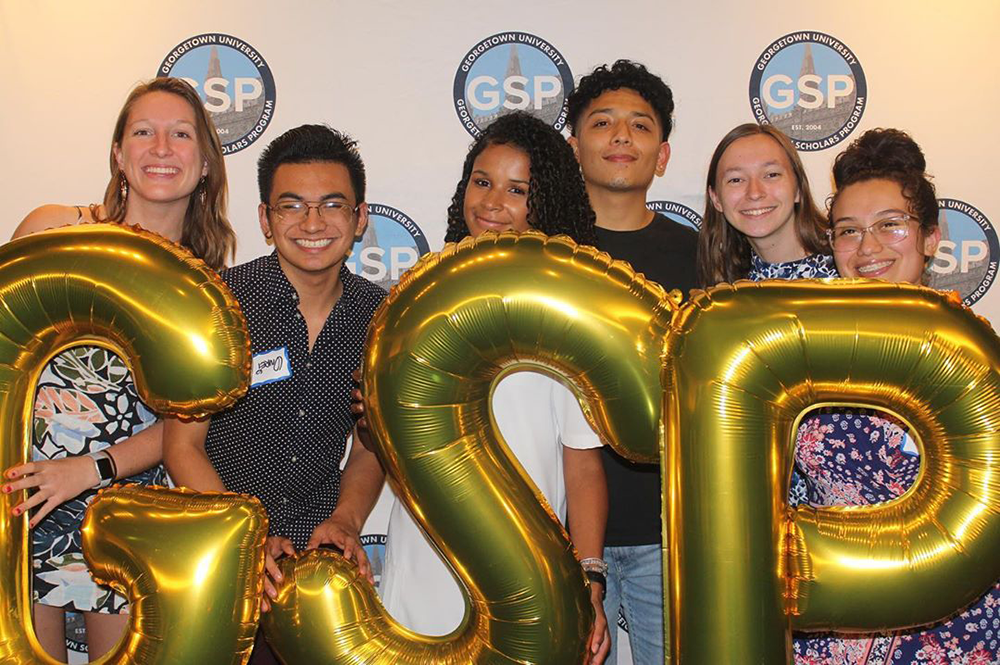
When Georgetown initially transitioned to virtual learning in March, GSP helped the Georgetown University Alumni Student Federal Credit Union, Georgetown’s student-run bank, establish a Coronavirus Student Relief Fund, which helped students pay for flights home and cover other expenses related to transitioning off campus. Since then, GSP has provided easier access to resources like necessity funding, which is available to GSP students throughout the year for professional, academic or emergency expenses.
Manahal Fazal (SFS ’24) had to get a job at the beginning of the pandemic to help support her family and save for college expenses after her father, her family’s main income source, lost his job.
“It was very difficult because I knew I had to work in order to have some sort of allowance to help pay for college and then certain essentials, along with helping my parents out,” Fazal said in a phone interview with The Hoya. “It was a lot to manage, and luckily, it was senior year, so I didn’t have that big of a workload. But during AP Exam time, it got extremely difficult because there were times when I should have been practicing for the exam that I had to work.”
Fazal participated in CSP, which helped her easily settle into her classes this semester.
“It was an amazing experience,” Fazal said. “It really prepared me a lot for what classes were going to be like and helped me through the transition into college-level classes. In the fall, it wasn’t difficult at all because CSP gave me that momentum, and I knew what was expected.”
Despite the struggles she faced in her final semester of high school, living on campus at Georgetown this semester has provided Fazal a safe and productive work environment without distractions, she said.
Georgetown’s revised plan for the fall semester, which was released at the end of July, caused concern for many freshmen who were planning to live on campus. Originally, the university intended on housing the entire Class of 2024 on campus. However, when pandemic conditions did not improve, the university only offered on campus housing to students with extenuating circumstances.
Deborah Wey (SFS ’24) lives with her parents, her three siblings and her niece. Wey, who works as a cashier to help pay tuition, and her parents have struggled with their employment since the start of the pandemic, she said.
Wey is a member of GSP, which has been advantageous in her transition to college from home, she said.
“So far, it’s been really good. They definitely have tried to engage with students as much as possible,” Wey said. “I definitely feel like they’re doing a really good job with connecting students virtually and trying their best to connect them with the resources that they would need.”
When Wey learned Georgetown revised its fall plan, she started to worry about her living situation and balancing her responsibilities at home with her academic responsibilities.
“I definitely was worried about my learning space because I already had to live with six other people,” Wey said in a phone interview with The Hoya. “Even now, it’s already proving to be inhibitory towards my education because it’s just a big distraction. I understand why I have to do these things, but it really doesn’t help that I already have to teach myself certain things, and then I have that on top of it.”
Although Wey could have applied to live on campus, she chose not to because she wanted to keep spots open for other students who were going through more difficult living situations.
“I really should have applied, and I regret it every day because of my family situation and then also just the need for resources,” Wey said. “But the reason why I didn’t was because I didn’t want to take this opportunity away from somebody who has a more serious situation than I do.”
GSP has taken steps this semester to financially support low-income students facing heightened anxieties given the conditions of the pandemic, according to the GSP Executive Director Melissa Foy (COL ’03).
“A GSP student came up with the brilliant idea of a ‘Learn from Home’ grant designed to offset expenses that come with learning wherever a student is this semester – maybe a lamp or a slightly more comfortable chair,” Foy wrote in an email to The Hoya. “All GSP students are eligible for that and hundreds have used it. We also continue to use our Necessity Fund to help with many other unexpected costs like medical bills, counseling, tutoring, etc.”
GSP is also offering more professional development resources for students this semester, according to Foy.
“There is increased angst among our students regarding jobs and careers so we’ve ramped up our professional development offerings through events, job postings and our mentorship to support them,” Foy said. “Mostly we’re trying to be flexible because all of this is unchartered territory, so it’s important to be responsive to the moment we’re in.”








